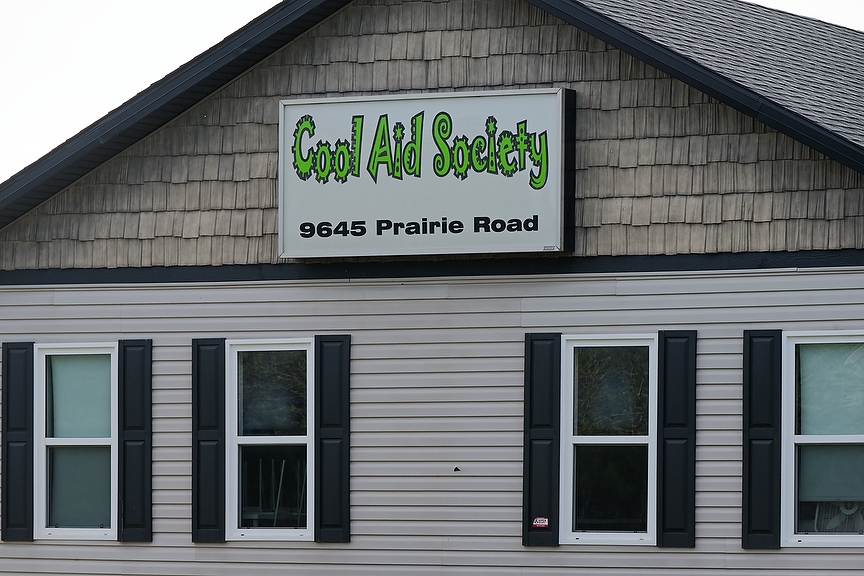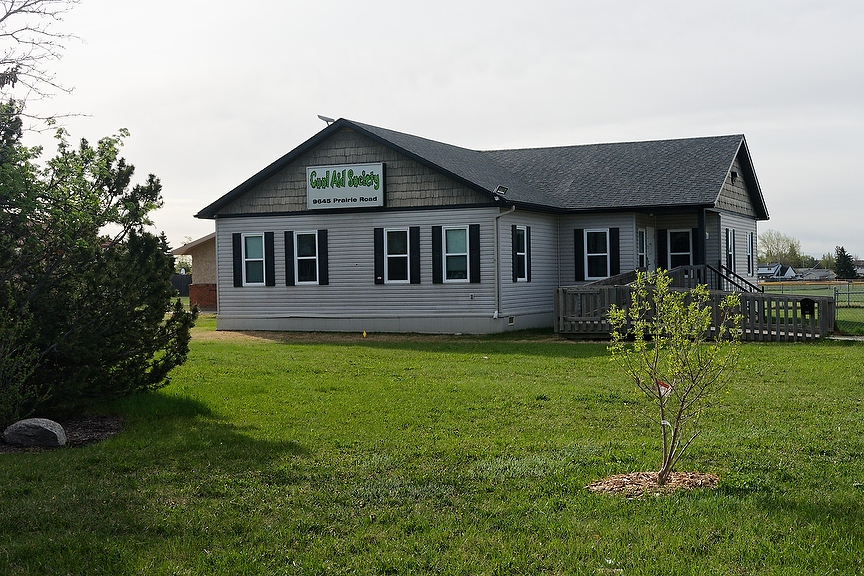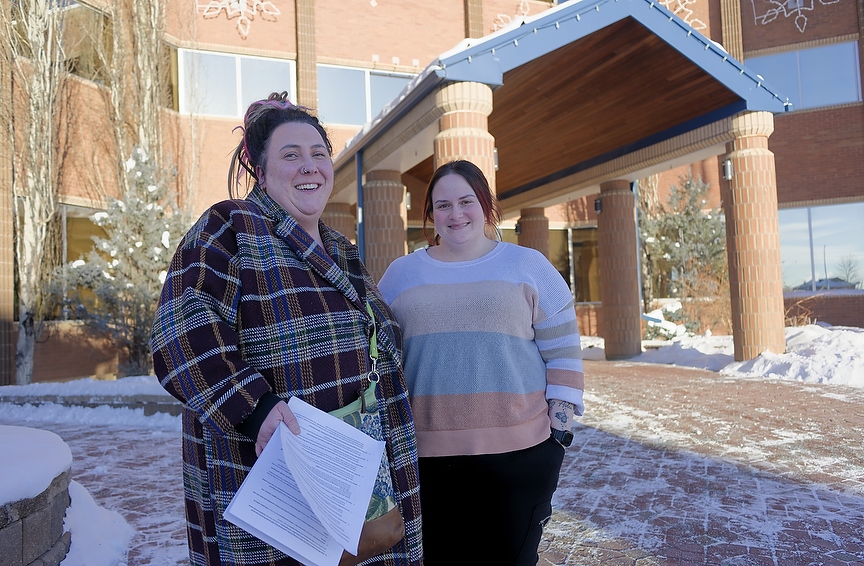
The Cool Aid Society will close its doors and services at the end of June after provincial cuts to funding.
The 45-year-old organization provides no-cost after-school and evening programs for city youth. It currently serves over 300 registered families, with daily drop-in attendance ranging from 25 to 70 children.
“Following a final board vote and an extensive review of all available sustainability options, including merger discussions, alternative fee-for-service models, grant applications, and community fundraising efforts, the Cool Aid Society of Grande Prairie has made the difficult decision to cease operations,” said AmandaBeret Gerber, Cool Aid Society executive director.

“The Cool Aid Society extends its heartfelt gratitude to every family, staff member, donor, volunteer, funder, and community member who has supported its mission over the past four decades,” reads a press release.
“The contributions and care shown by this community have made an immeasurable impact on the lives of thousands of local youth.”
Cool Aid’s last day of programming will be June 25; formal dissolution of the society will follow.
“I don't know what I'm going to do … it's a real shame to see such a great resource closing,” said Jamie-Lee Cormier, whose son Nathan, 9, has been going to Cool Aid for the past year. She said the news of the closing of Cool Aid is compounded by the closure of the Stepping Stones afterschool program at St. Patrick Catholic School, which is ending in June, which her youngest son Noah, 6, attends.
Grande Prairie and District Catholic Schools said in an email response to the News that although the daycare space will be repurposed into a classroom, before- and after-school childcare will continue to be offered. All-day childcare will no longer be available.
Cormier says it can cost about $660 for after-school care, making childcare difficult for a single parent.
“They can't get bussed because we live too close to the school, and even if they could get bussed I'm not home; I work till five. As a working mom, it's going to be a real struggle.”
She said she is fortunate to have a job that allows her to pick up her children and bring them to after-school care if needed.
Cool Aid was also a place for childcare on school professional development days.
“There's gonna be a big void for a lot of parents.”
Cormier says the loss of Cool Aid is also a loss for the community as it helped keep teenagers busy and helped them stay out of trouble.

The society lost about 90 per cent of its budget after Recovery Alberta Mental Health and Addiction cut its funding, noting it was “nothing personal” but rather a change in the province’s mandate to fund intervention rather than prevention.
The society was first told of the cut on Jan. 21, leaving it without enough funds to operate beyond March 31.
In February, the City of Grande Prairie and United Way Alberta Northwest each gave Cool Aid $30,000 to ensure its programming could continue until the end of the school year.
Gerber outlined the efforts of the staff and volunteers of Cool Aid as they worked over the past months to find a solution.
It tried to partner with other non-profits, looked at moving to a pay model with business sponsors, as well as trying to sell its Hillside building.
“We've definitely cut every possible operational expense that we can,” said Gerber, noting in the last weeks t’s been working with a “skeleton crew.”
Still, last week, she told Town & Country News, “Everyone is genuinely trying very hard to find a solution of some kind; at the moment, we do not have one.”
In an email to the News, she said that Cool Aid notified the city and United Way of its decision on Thursday, May 8.
All unused Family and Community Support Services (FCSS) funds will be returned along with its emergency funds, she said.
“Our board has elected to return the emergency funds to both the city and United Way once our assets are liquidated to ensure that money can be given to another organization and as a matter of accountability and respect for the support provided when we needed it most,” said Gerber.
A city report from February says eliminating Cool Aid Society's services could “increase reliance on costly emergency services, social support programs and law enforcement.”
City Housing & Community Development director Tammy Wentzell told council in February other organizations funded by Recovery Alberta may face similar challenges.
She said the city and some organizations may need to change their messaging to ensure they keep their funding. Cool Aid Society does bridge the gap between prevention and intervention.
“I don't know if it's a different conversation that we got to start having or a different way to look at how we're talking about the programs.
“We do have to switch our language and how we're using it, or how we're telling our story, because we are not a recovery community at this time, but we have to remember that when the province is (saying) ‘we’re intervention versus prevention.’”
In February, Mayor Jackie Clayton said the province’s mental health and recovery funding changes impact the local community.
“We all know that if we don't have prevention, in particular, youth programming, that we will, in time, need more money in intervention and recovery,” she said.
Cool Aid Society was founded in 1979 and has supported the community’s youth with mental health support, after-school and evening programs and community engagement.
Previous coverage of the Cool Aid Society from Town & Country News
May 8: Cool Aid Society still in search of funder
Feb. 13: United Way, city step up with $60,000 for youth centre
Feb. 6: Province surprises youth centre with abrupt stop in funding